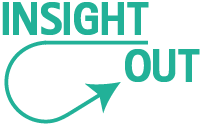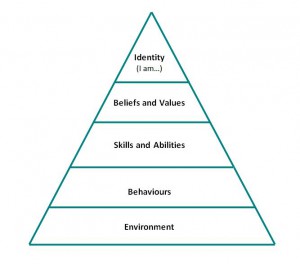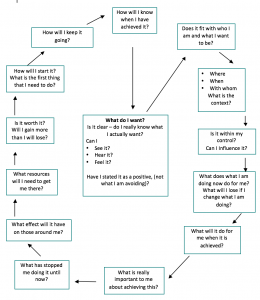James Bond is all around us in the UK this week with the release of Spectre (picture today is a Getty image from the BBC news website). I went to see it on Tuesday evening. It was great.
All the usual nonsense of course: amazing locations, mad car chases, unfeasible villains who can’t hit anything with a bullet, an outrageously attractive hero who can, and of course a beautiful Bond ‘girl’ who, the feminist in me is pleased to say, is strong, feisty and able to look after herself.
And at the end of this particular Bond movie a dilemma set for our hero: a choice that he has to make. I’ll do my best not to be a spoiler as I know many of us haven’t had a chance to see the film yet, but essentially James has to choose between the job and the woman he loves.
And of course for 007 the job is not just a job, it is a way of being, his purpose on this earth. He doesn’t just do being a spy, he is one. As with Poldark (blog of 1st May 2015), he’s in complete alignment on Robert Dilt’s neurological levels triangle (below), so choosing to give up his job would be no easy thing.
We all face such moments of choice from time to time. Not usually in such glamorous or dramatic circumstances as 007, but still very real moments that feel significant and once and for all. When I decided 12 years ago to leave my career with John Lewis and step out in to my own business it felt like one of those moments: where we have a sense that there is no right or wrong, where we can’t know exactly how it will work out, but we still have to choose, because not choosing is in itself a choice.
Above identity on the triangle we can put Mission as another layer, that is ‘what is the point of me? Why am I here?’ This is a question that comes in to conversation often with the leaders that I work with. It is a question that helps to put what we do in to the context of our life as a whole. It helps us establish what we want to be proud of when we look back on our life.
Bronnie Ware, a palliative care nurse who writes a blog about her insights and learning from those that she supports through their final days (www.bronnieware.com), has shared the top 5 regrets of the dying. They are:
I wish I’d had the courage to live a life true to myself, not the life others expected of me
I wish I didn’t work so hard
I wish I’d had the courage to express my feelings
I wish I had stayed in touch with my friends
I wish that I had let myself be happier
I wonder how James Bond would feel about all of these?!!
But how do we find out what our mission is? How do we cut through the the requirements that the world of today makes on us, to see what the point of us is?
Something that I found helpful when deciding between the secure, enjoyable, reasonably well paid job I had at John Lewis and the scary, unknown, exciting but potentially poverty riven role of a ‘solo artist’ was an idea that I had come across on a Neuro Linguistic Programming course, and it looks like this (click on it to make it bigger!):
It’s full of really searching questions that explore every angle of the choice in hand and each is worthy of a blog in its own right (perhaps I’ll get around to that one day!), but above and beyond that it starts with the question in the middle (of the diagram and of our lives?): what do I want?
Our answer often starts with practical things: the house, the income, the job title. But this question is not about labels or job titles, it is about the experience of being when we have what we want. It asks us to immerse ourselves in our future, and I often encourage clients to visualise this, noticing what is around them, what they see, hear and feel as they walk towards a door that they then open and step through to what lies on the other side. And what they experience there, the colours, light, shadows, shapes, noises, smells, space, sense of community or isolation, sense of horizons, of busyness or peace, of intimacy or distance, of staying, returning or moving on are all useful insights about ‘what do I want?’.
Once we have that sense of ourselves in our future, then we can start to identify the practical elements, the doing stuff, that will enable us to achieve those being experiences. Then we can start to choose job roles and income brackets, knowing that they will be aligned with what is important to us.
Establishing our mission and then working towards it impacts not only us of course, but those around us, and how we deal with that is important. The circle of questions above includes that thought, (no. 9 ‘what effect will it have on those around me’), and if we don’t get that right then those around us may encourage us not to choose anything that causes change for them.
David Clutterbuck shares this ideas as a fundamental law:
…when one part of the system changes the rest of the system works hard to bring it back in to equilibrium – which usually means to return to the way it was before
And after the decision that he has made, will our hero James too get sucked back in to how he was before? I guess we’ll have to wait until the next Bond film to find out.
Thank you for your interest in this blog. I am enjoying sharing the Choose You Project with you and I love hearing your thoughts, comments and examples of Choose You moments, so do please continue to share them with me.
Jenny


